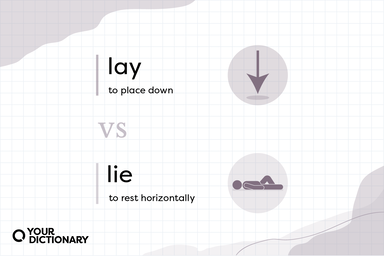Rest Definition
- Motionless; inactive.
- To bury (a dead body); inter.
- To resolve or settle (an issue, for example):
The judge's ruling put to rest the dispute between the neighbors.
- in a state of rest
- to bury (a dead person)
Idioms, Phrasal Verbs Related to Rest
Origin of Rest
-
From Middle English rest, reste, from Old English rest, ræst (“rest, quiet, freedom from toil, repose, sleep, resting-place, a bed, couch, grave"), from Proto-Germanic *rastō, *rastijō (“rest"), from Proto-Indo-European *ros-, *res-, *erH- (“rest"). Cognate with West Frisian rêst (“rest"), Dutch rust (“rest"), German Rast (“rest"), Swedish rast (“rest"), Norwegian rest (“rest"), Icelandic röst (“rest"), Old Irish árus (“dwelling"), German Ruhe (“calm"), Albanian resht (“to stop, pause"), Welsh araf (“quiet, calm, gentle"), Lithuanian rovà (“calm"), Ancient Greek ἐρωή (erōē, “rest, respite"), [script?] Avestan [script?] (airime, “calm, peaceful"), Sanskrit रमते (rámate, “he stays still, calms down"), Gothic 𐍂𐌹𐌼𐌹𐍃 (rimis, “tranquility"). Related to roo.
From Wiktionary
-
From Middle English resten, from Old English restan (“to rest, cease from toil, be at rest, sleep, rest in death, lie dead, lie in the grave, remain unmoved or undisturbed, be still, rest from, remain, lie"), from Proto-Germanic *rastijanÄ… (“to rest"), from Proto-Indo-European *ros-, *res-, *erH- (“rest"). Cognate with Dutch rusten (“to rest"), Middle Low German resten (“to rest"), German rasten (“to rest"), Danish raste (“to rest"), Swedish rasta (“to rest").
From Wiktionary
-
Middle English reste, from Old French reste from Old French rester (“to remain") from Latin restare (“to stay back, stay behind") from re- +"Ž stare (to stand). Replaced native Middle English lave (“rest, remainder") (from Old English lāf (“remnant, remainder")).
From Wiktionary
-
Middle English from Old French reste from rester to remain from Latin restāre to stay behind re- re- stāre to stand stā- in Indo-European roots
From American Heritage Dictionary of the English Language, 5th Edition
-
Middle English reste short for areste a stopping, holding from Old French from arester to stop arrest
From American Heritage Dictionary of the English Language, 5th Edition
Middle English from Old English
From American Heritage Dictionary of the English Language, 5th Edition
-
Aphetic form of arrest.
From Wiktionary
Related Articles
Find Similar Words
Find similar words to rest using the buttons below.





